Tracking and understanding Bigg’s killer whales from California to Alaska
Jared Towers
The West Coast Transient (WCT) population of the Bigg’s killer whale eco-type ranges throughout coastal and shelf edge waters from California to Alaska. In this presentation Jared provides up to date results on the abundance, health and behaviours of WCTs, as well as the technologies being developed to non-invasively track and understand them, in near real time.
Cruising the Coast of Baja CA in Search of Marine Mammals: A Travelogue
Dr. Thomas Jefferson
Marine Mammal Biologist Tom Jefferson will share his knowledge of the life history of the marine mammals of Baja California, Mexico. Come along as we visit calving lagoons of gray whales, experiencing the "friendly whale" phenomenon, and hear about the discovery of "Flue," the hybrid blue/fin whale.
Microplastics in the Pacific Gray Whale Food Web
Lauren Kashiwabara
At the top of their short food webs, baleen whales may act as bioindicators of microplastics within marine ecosystems. This talk will explore sources and sinks of microparticles in the gray whale food web as well as the effects of microfibers and climate change on their prey, mysid shrimp.
Development of Whale Detangling Devices
Jordan Reichhardt
Annually at least 30 whales are recorded as severely entangled along the west coast of the United States. This presentation will detail the process of designing the framework for a detangler device that aims to free whales from crab pot lines.
Bowhead Whales in a Changing Arctic
Dr. Kate Stafford
Bowhead whales are the only baleen whale endemic to Arctic. As such, they have remarkable adaptations to living in the ice year-round, including being one of the two (the other is the humpback) large whales that sings complex ever-changing songs. The current bowhead populations for which we have good information appear to have or be rebounding from early whaling. Now however, as the Arctic warms four times as fast as the rest of the planet, they face new challenges from increased human pressure to novel predators and competitors as the sea ice declines.
New research findings on humpback, blue, and gray whales on the US West Coast
John Calambokidis
The talk will cover some of the new research on the status, trends, and challenges faced by some of the largest whales that feed off the US West Coast.
Every Calf Counts: Hawaii’s humpback whale mother and calf pairs in a time of changing climate
Dr. Rachel Cartwright
Each winter, humpback whales from across the North Pacific head to Hawaiian waters to breed and raise their young. Within the islands, the coastal waters of West Maui are a favored nursery region, where mothers and their young calves congregate during this critical period. This presentation provides an intimate glimpse into the life and times of humpback whale mother and calf pairs during these early days in Maui waters.
Fauna of Orange County, CA: Land and Sea
Mark Girardeau
Mark will be discussing his wildlife photos from Orange County while sharing the tools he uses to capture his images. He will also be talking about how these images help researchers.
Freeing Ocean Giants: Exploring the Challenges and Solutions of Large Whale Entanglements through Responses and Research
Jenn Tackaberry
Large whale entanglements are a growing concern in most regions of the world and a leading cause of death for humpback whales along the US West Coast. During the presentation, we will discuss the current status of large whale entanglements, how the response network saves individual whales while collecting data necessary to prevent future entanglements, and Cascadia's research efforts to reduce the entanglement threat in California as well as the rest of the US West Coast.
ACS-LA Gray Whale Census and Behavior Project and Killer Whales off California
Alisa Schulman-Janiger
Alisa will be talking about her two favorite research projects. She will first present on the ACS-LA Gray Whale Census and Behavior Project and then will present on the killer whales that have been encountered off of California.
Unraveling large whale entanglements and extending our reach in response: Examples from Hawaii and Alaska
Edward Lyman
In this talk, Ed Lyman shares his experiences as the Hawaiian Islands Humpback Whale National Marine Sanctuary’s Regional Large Whale Entanglement Response Coordinator. He assists NOAA by coordinating a community-based network in Hawai’i to not only monitor the animals, but also provide safe and authorized response to entangled, or otherwise compromised large whales. Ed has participated in nearly 130 disentanglement efforts and helped free more than 70 whales from life threatening entanglements – more than 40 with the sanctuary.
Bellwethers of change: Humpback whales in the North Pacific Ocean
Dr. Ted Cheeseman
North Pacific humpback whales have been recovering from a low of about 1000 individuals at the end of commercial whaling in the 1970s. Dr. Cheeseman has used the AI-powered web platform Happywhale's whale ID dataset to model North Pacific humpback whale population changes over the past 20. He found that the 2014-2016 Pacific Marine Heatwave, a global record breaking event dubbed ’The Blob,’ caused a population crash in Hawaii’s whales but not Mexico’s.
I See You! Insights on the Behavior of a Poorly Studied Antarctic Cetacean, the Antarctic Minke Whale
Ari Friedlaender
Antarctic minke whales are rarely seen and remain poorly studied because of their cryptic nature and preferred habitat deep in the Antarctic sea ice.
Amazing Anatomical Adaptations Allow Aquatic Abilities
Dr. Joy Reidenberg
Comparative anatomist Joy Reidenberg studies the anatomy (body structure) of many different animals, but her favorites are cetaceans. Her lecture will cover the many unique anatomical adaptations that allow whales to survive as mammals in an aquatic environment.
Monitoring Blue Whales: Sentinels of Environmental Changes and Climate Variability
Dr. Diane Gendron
Blue whales that seasonally use the southeastern Gulf of California, particularly the Loreto Bay National Park during winter and spring, have been monitored for more than three decades from the research center CICIMAR-IPN, based in La Paz, Baja California Sur in Mexico.
Research on the Aquatic Mammals of Central America: How to Increase the Representation of Local Scientists
Dr. Laura J May-Collado
A history of marine mammal research in Central America, with discussion on the challenges this dynamic community of scientists face in terms of representation, language barriers, training, and funding.
How new technologies are changing the way we study and value whales.
Dr. Iain Kerr
New technology like drones have immense potential in cetacean science and conservation as cost-effective, scalable, adaptable, and non-invasive tools.
Getting to Know Gray Whales: My Lifetime of Research
Dr. David Weller
Dr. David Weller has been studying the biology and ecology of whales and dolphins for 40 years. His specialization is in the areas of wildlife science, population assessment and evaluation of potential disturbance impacts from human activities. He received his Ph.D. in Wildlife and Fisheries Sciences from Texas A&M University in 1998. Prior to that, he completed B.A. and M.A. degrees at the University of Hawaii and San Diego State University, respectively. He has been in residence at Southwest Fisheries Science Center since 1998.
Guest Speaker: Dr. Kristin Laidre
The talk will discuss the impacts of climate change on Arctic marine mammals. Case studies will be presented on the ecology of polar bears and narwhals around Greenland.
Guest Speaker: Dr. Deborah Giles
Dr. Giles will give an overview of Wild Orca’s Southern Resident Killer Whale Health Monitoring Program as well as a summary of collaborative research projects being conducted by some of the most respected names in wildlife conservation research. Together, these projects paint a near real-time picture of the health of endangered Southern Resident killer whales and provide timely data to the public and management agencies used to understand and address the causes of population decline.
Guest Speaker: Suzanne Steinert & Kimberly Ovitz
Two chapters, two speakers, one amazing night celebrating all things beluga! Building community around Alaska’s critically endangered Cook Inlet belugas with Suzanne Steinert + Beluga ecology and conservation — Insights from transdisciplinary research in Alaska and the Canadian Arctic with Kimberly Ovitz
Guest Speaker: Caroline Capello
Penguins serve as indicators of environmental change, sounding the alarm on overfishing, marine pollution, introduced predators, shifting ocean temperatures, and more. By studying penguins in the wild, we not only learn about the ecology of our changing planet, but we can use our observations to develop conservation actions that will protect seabirds, other marine predators, and entire ocean ecosystems. Join Dr. Caroline Cappello as she shares photos, stories, and lessons learned from her work with Galápagos penguins in the Galápagos Islands, Ecuador, and Magellanic penguins in southern Argentina.
Guest Speaker: Lori Marino
Up until recently, twenty captive orcas were residing in North America. I will present the scientific evidence for the poor welfare of captive orcas and discuss and update the development of an authentic whale sanctuary in Nova Scotia by the Whale Sanctuary Project.
Guest Speaker: Stephen Marsh
Since we last saw Stephen in January 2020, he has travelled by sea to the over a dozen global locations. What has he seen and what excited him most? Join us to hear stories and see his wildlife photos
Guest Speaker: Robin Baird
The resident island-associated population of false killer whales in Hawai‘i was listed as Endangered in 2012. Despite a lot of research before and after 2012, little has been done to protect this population, and it has been declining steadily since.
Guest Speaker: Steven Swartz
Steven Swartz will discuss the current impacts of climate change on the Arctic's seasonal marine food production and how that is affecting marine species like gray whales
Guest Speaker: J. Michael Williamson
Professor Williamson will introduce North Atlantic Right Whales including their natural history, conservation status and current research. The effects of climate change on this species will also be discussed.
Guest Speaker: Douglas Hoffman
Humpback Whales of Tonga and Maui
Guest Speaker: Stephanie Norman
Beluga whales are smaller-sized whales that are very social and inhabit Arctic and sub-Arctic waters. They are rarely reported outside of this range. However, in October 2021, a lone beluga appeared in the waters of the Pacific Northwest (PNW) and remained in the area for approximately a month. This presentation will describe the biology and ecology of whales; the case of the lone PNW whale; and current threats and challenges that face wild populations of beluga.
Guest Speaker: Erin Gless
Southern Resident Killer Whales with Erin Gless! Learn more about these killer whales, what challenges they face, and what's being done to try to save this unique population.
Guest Speaker: Dr. Cristina Castro
Dr. Cristina Castro is an Ecuadorian researcher and principal investigator for Pacific Whale Foundation Ecuador, where she has been leading PWF’s field studies on humpback whales in Machalilla National Park since 2001.
Guest Speaker: Erin Keene
Biologist at MarEcoTel and Cascadia Research Collective - Fin Whales
Guest Speaker: Justin Viezbicke
California Stranding Coordinator for NOAA’s Marine Mammal Health and Stranding Response Program
Guest Speaker: Sabrina Mashburn
Conservation Biologist, Executive Director of SoCal Sea Turtles
Guest Speaker: Alisa Schulman-Janiger
Director and Coordinator of the full-season shore-based ACS-LA Gray Whale Census and Behavior Project.
Guest Speaker: Jessica Crance
Bioacoustician, lead research assistant and project manager at NOAA/NMFS/AFSC Marine Mammal Laboratory
Guest Speaker: Mark Girardeau
Wildlife photographer, creator of Orange County Outdoors
Guest Speaker: Dr. Chris Lowe
CSULB Shark Lab Director, Marine Biology Professor
Guest Speaker: Hilary Holt
Interpretative Ecologist, Catalina Island Conservancy
Guest Speaker: Kirsten Donald
Marine mammal scientist, Director of Education at Pacific Marine Mammal Center
Guest Speaker: Ted Cheeseman
Co-founder of Happywhale.com, and co-owner of Cheesemans’ Ecology Safaris
Guest Speaker: Dennis Kelly
Co-Founder and former president of ACS-OC
Guest Speaker: Karen Baker
Professor, OCC Marine Science Department









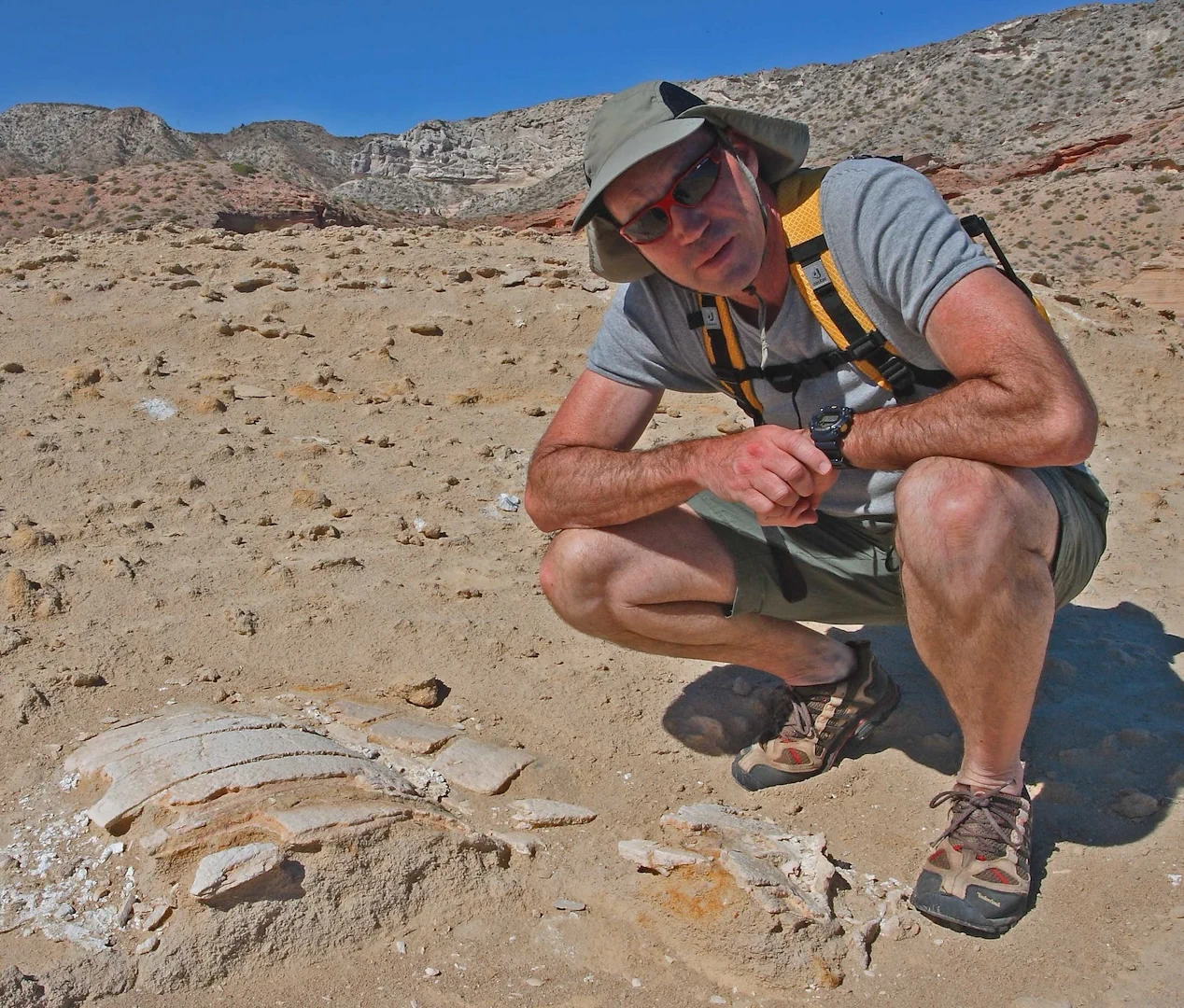
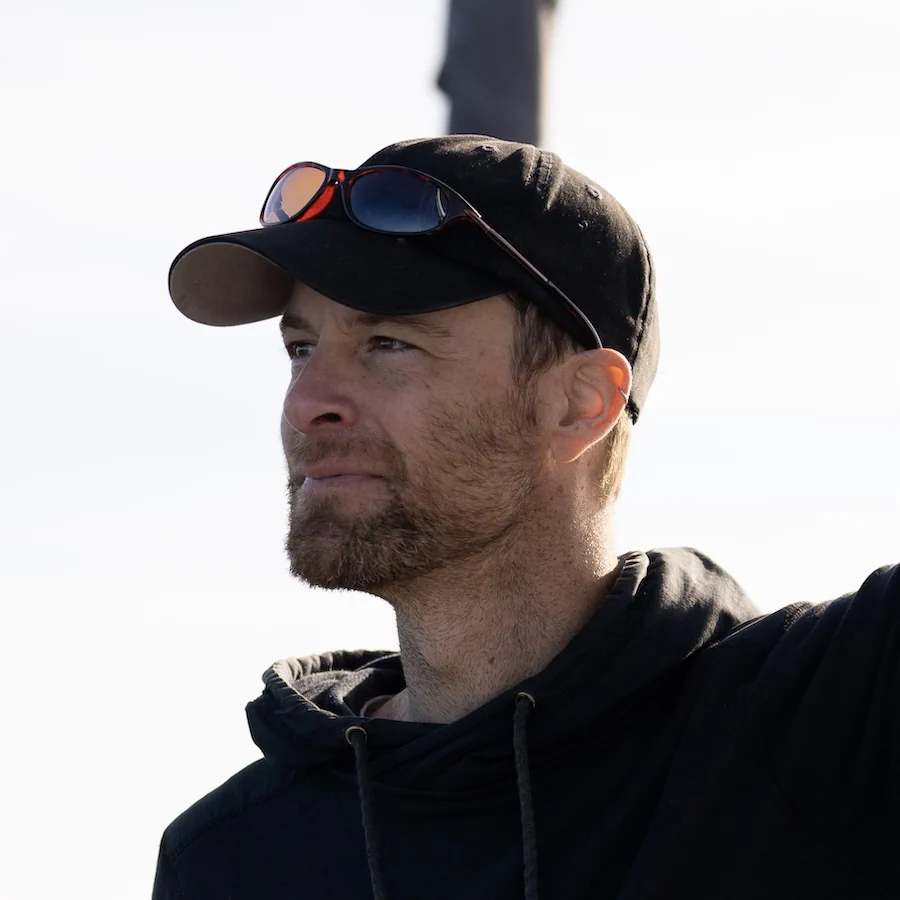


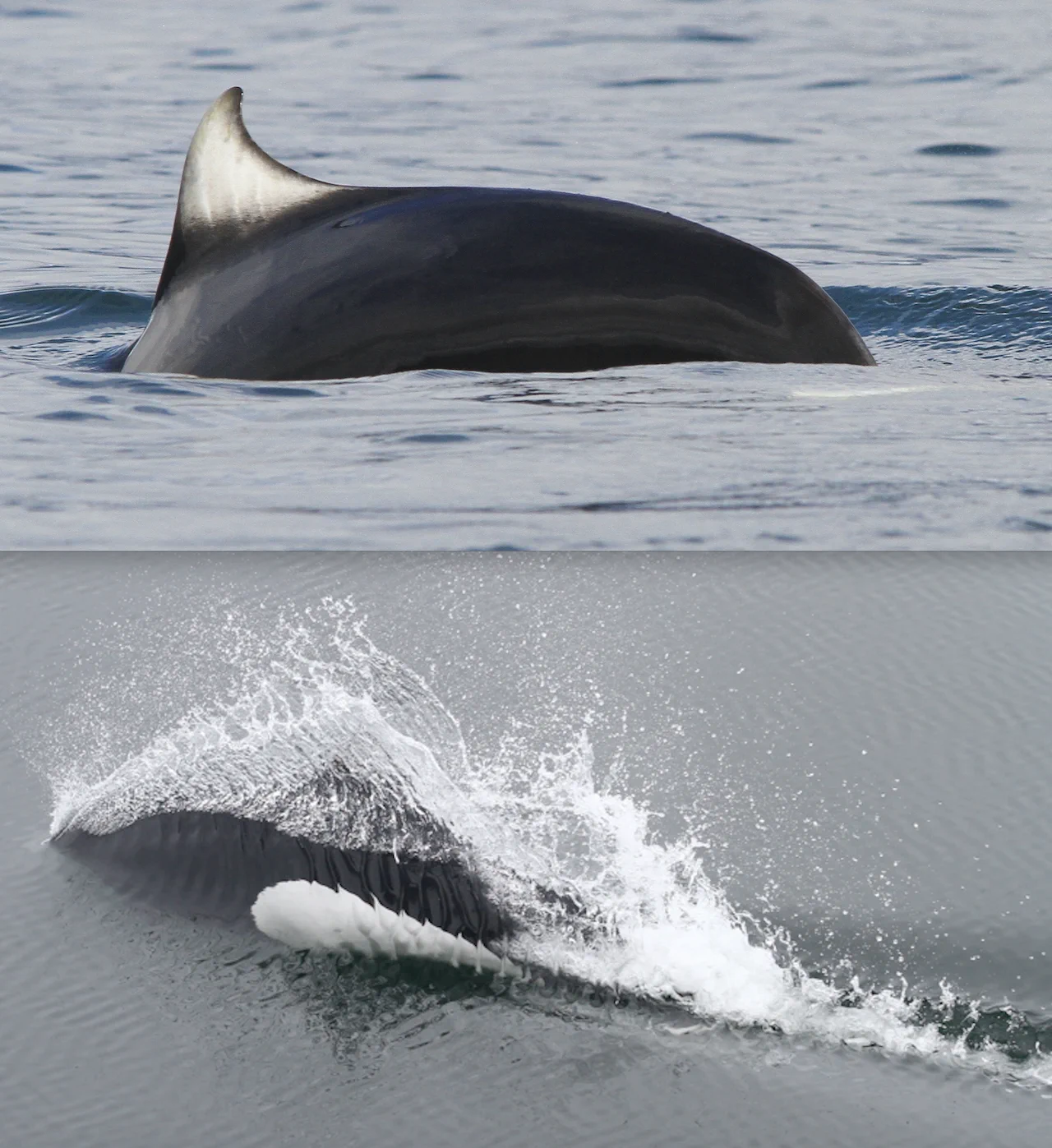






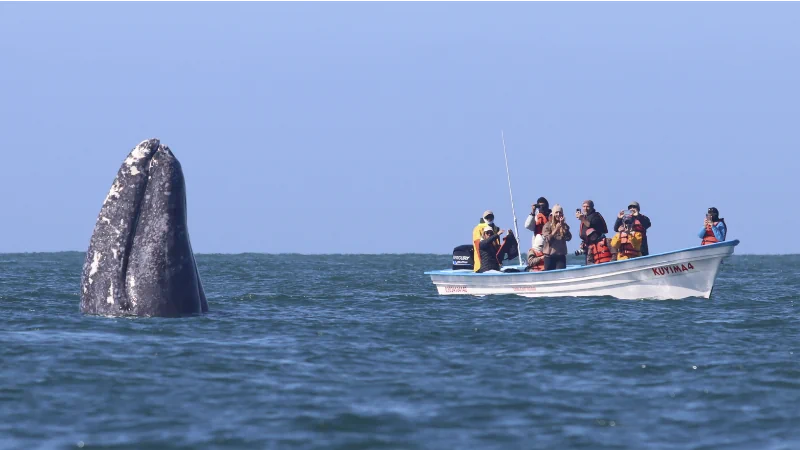
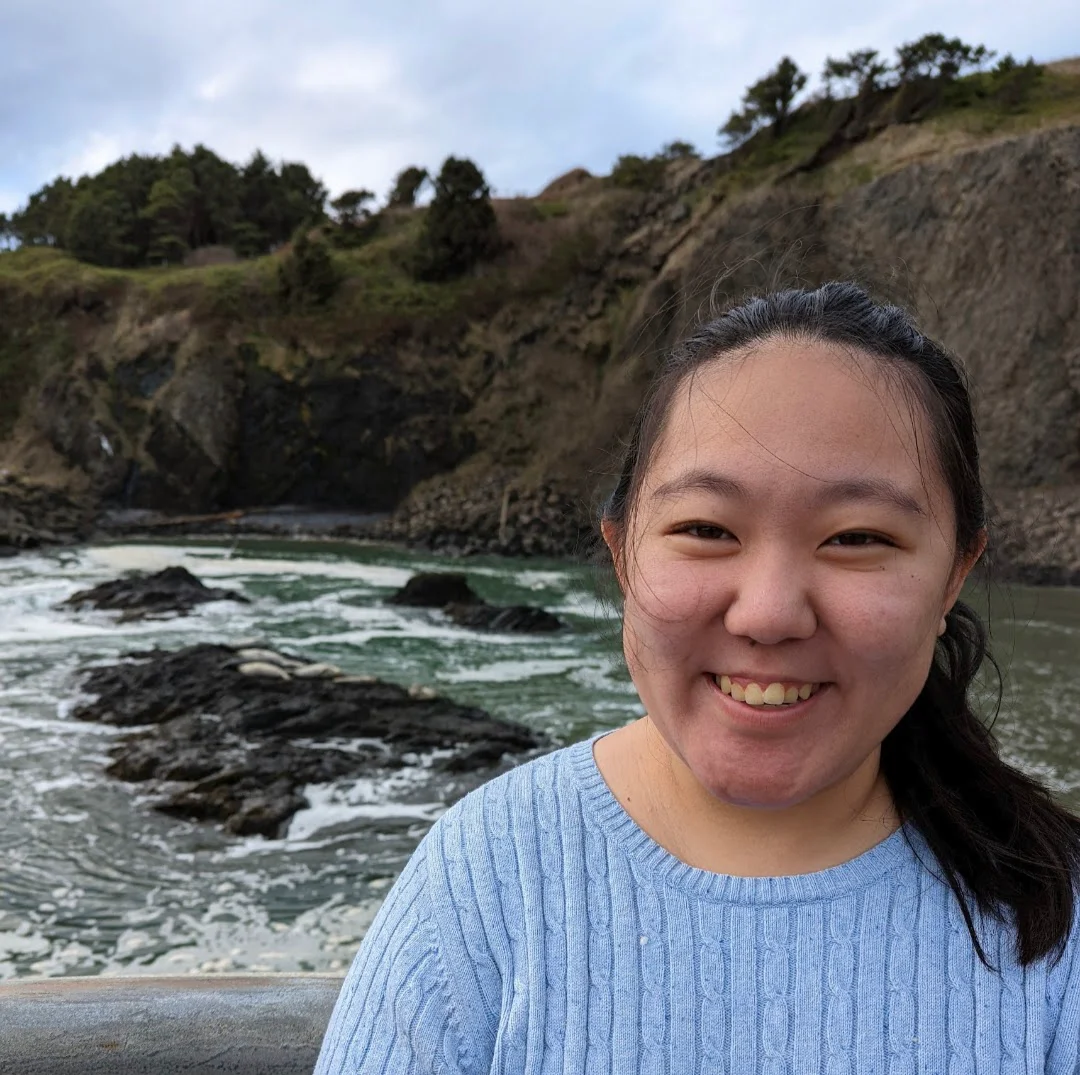
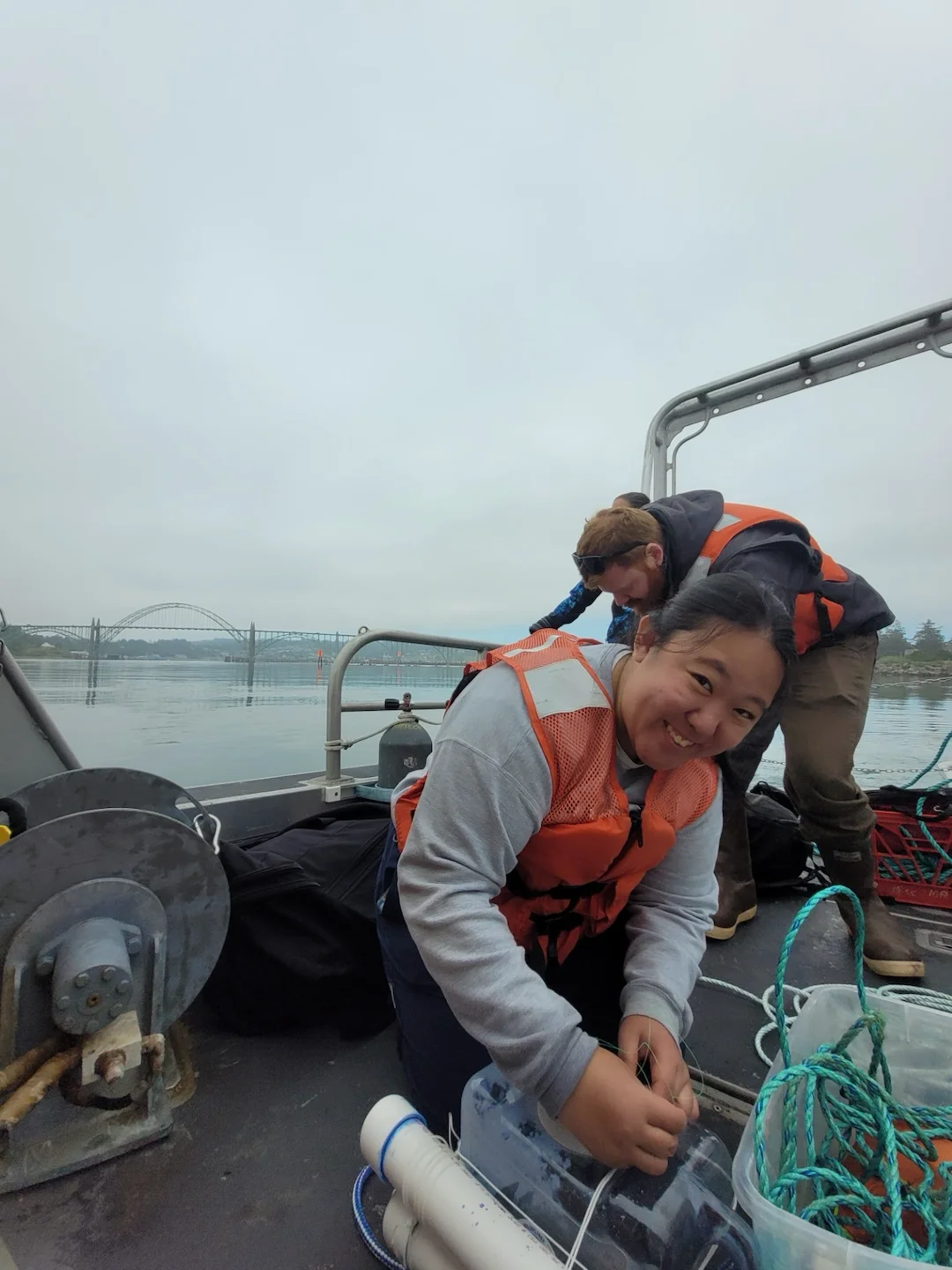













c3s-rec.webp)











































